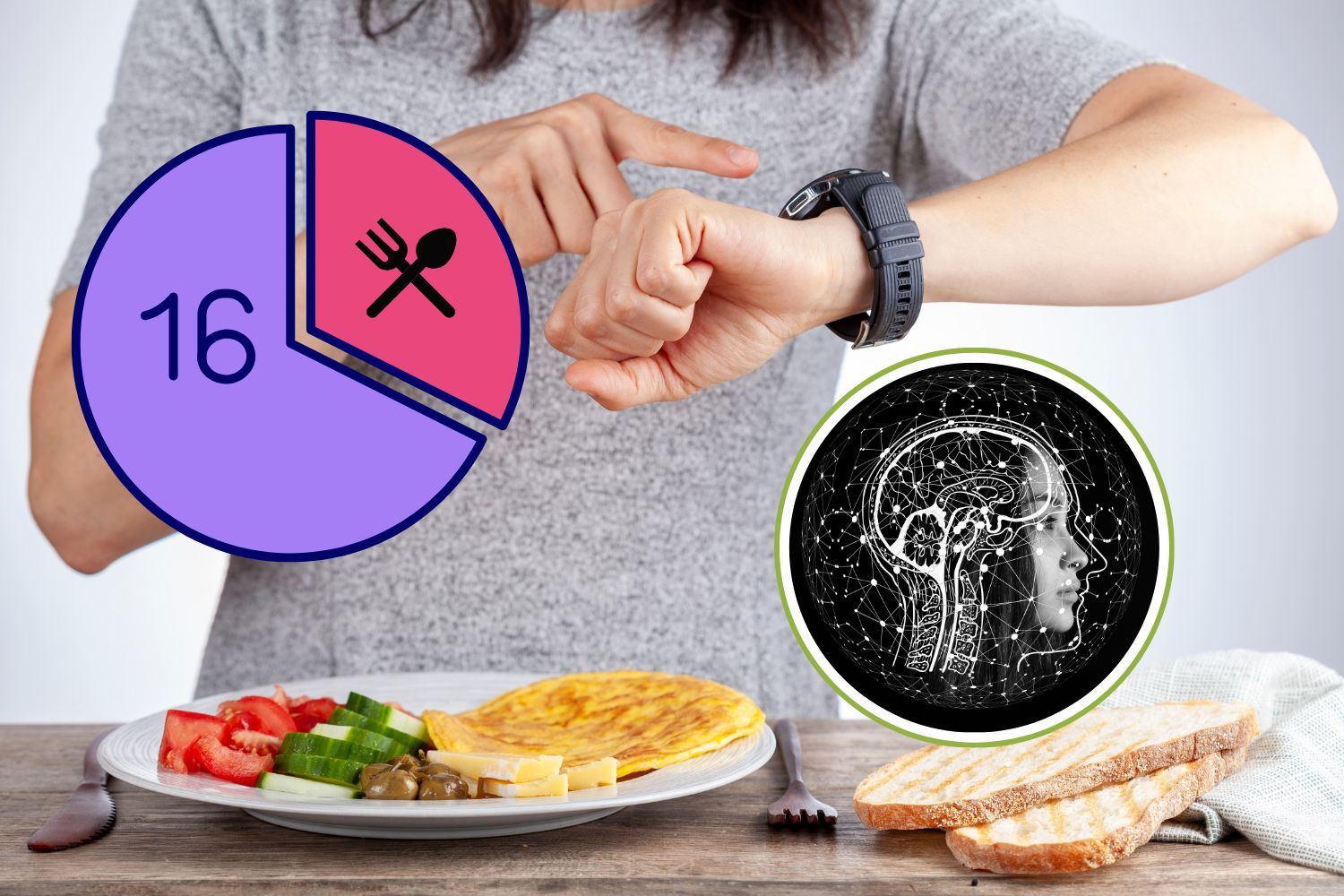Intermittent fasting may boost emotional well-being by modulating dopamine in the brain, offering a natural, non-pharmacological path to mental health.

@Canva
Not just a diet trend
Intermittent fasting is no longer just a wellness craze followed by biohackers and fitness influencers. According to a newly published study in Neurobiology of Disease, this ancient practice could also be a powerful tool for supporting mental health by tapping directly into the brain’s neurochemical balance.
Most people know intermittent fasting for its metabolic and longevity benefits—a cycle of eating and not eating that’s been shown to help with insulin sensitivity, fat metabolism, and more. But researchers are now turning their attention to its impact on the mind, especially for those living with chronic stress or symptoms of depression. And the key player here is not a mysterious supplement or rare molecule—it’s dopamine, the brain’s pleasure and motivation chemical.
The brain on fasting
For anyone who has battled depression, it’s clear how elusive real relief can be. Antidepressants often take weeks to kick in, and even then, the side effects can be hard to tolerate. That’s why scientists are increasingly exploring non-pharmacological alternatives—approaches that are less invasive, potentially more sustainable, and yes, even kinder to the planet.
In this new study, researchers observed that intermittent fasting can enhance mood by reactivating behaviors tied to pleasure, motivation, and reward—areas typically dulled in depressive states. The mechanism? It all centers around the activation of dopamine D1 receptors in the medial prefrontal cortex, a brain region critical for emotional regulation.
During periods of extended fasting, the brain appears to light up this area, triggering a biochemical cascade known as the Drd1-cAMP-PKA-DARPP-32-CREB-BDNF pathway. If that sounds complicated, think of it this way: it’s a neural domino effect that starts with dopamine and ends in a tangible shift in how we feel and respond to stress.
The emotional circuit of fasting
The most striking result from the study was the direct link between D1 receptor activity and mood improvement during fasting. When researchers blocked these receptors, the mood-lifting benefits of fasting vanished. Conversely, when they stimulated the receptors without fasting, subjects experienced similar psychological boosts: better stress resilience, improved drive, and a more open attitude toward rewarding experiences.
In other words, dopamine’s D1 receptors are not just involved—they seem to be essential.
This activation might explain why so many who practice intermittent fasting report mental clarity, calmness, and a newfound ability to deal with the unpredictable demands of daily life. These aren’t vague, anecdotal effects. They’re rooted in a concrete neurobiological response, starting in the brain and rippling outward into behavior.
Beyond food: fasting as a path to emotional balance
The research, led by Jingjing Piao and colleagues and published under the title “Intermittent fasting produces antidepressant-like effects by modulating dopamine D1 receptors in the medial prefrontal cortex”, represents a meaningful step forward in understanding the deep links between what we eat—and when—and how we feel.
To be clear, this is still a preclinical finding and not a green light to replace medication with mealtime gaps. Clinical trials are still needed. But the implications are promising. Could something as simple and ancient as fasting become a tool for mental resilience?
In a world where mental health is finally getting the attention it deserves, and where people are increasingly seeking non-drug solutions, practices like intermittent fasting take on a whole new, timely significance. What was once a spiritual ritual or a dietary hack may turn out to be a natural antidepressant—one encoded in the rhythms of our own biology.
Source: Neurobiology of Disease
